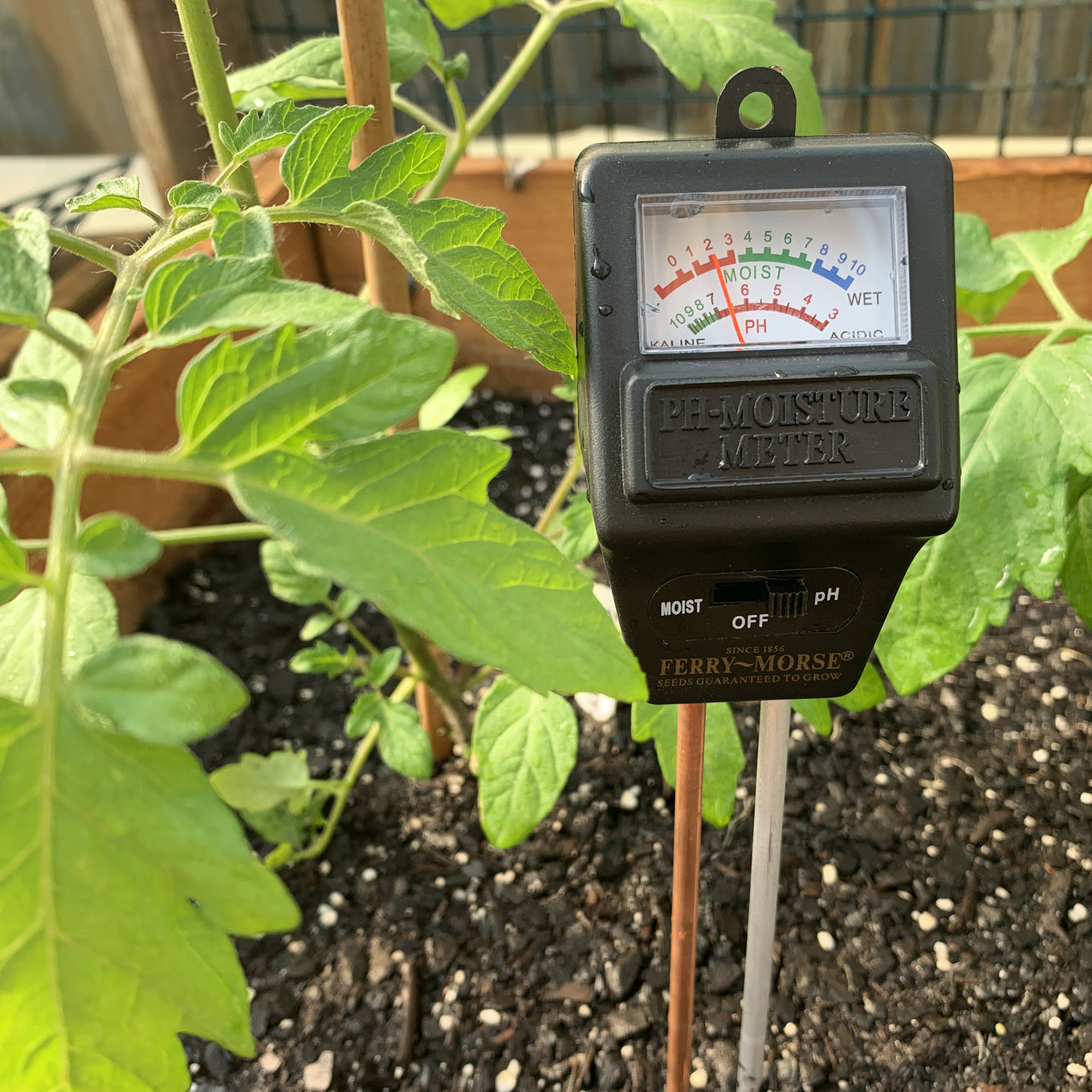Recognizing the Various Kinds Of Moisture Meters and Their Applications
Recognizing the Various Kinds Of Moisture Meters and Their Applications
Blog Article
The Ultimate Overview to Moisture Meters: A Comprehensive Review and Just How They Can Save You Money
In the realm of structure upkeep, construction, and numerous markets, the importance of precisely measuring dampness levels can not be overstated. Wetness meters act as vital devices in detecting and keeping track of moisture material in products, assisting in protecting against expensive damages and guaranteeing the high quality of items. Comprehending the nuances of different sorts of moisture meters, their applications, and the potential cost-saving advantages they provide can be a game-changer for services and experts alike. Finding exactly how these tools can not just streamline procedures but likewise add to monetary cost savings is a trip worth beginning on.
Kinds of Moisture Meters
One usual type is the pin-type dampness meter, which gauges the electric resistance between 2 pins inserted into a product. Pinless wetness meters, on the other hand, use electromagnetic sensing unit plates to check a bigger area without creating damages to the product's surface area.
Additionally, there are additionally specialty dampness meters developed for particular materials like grain, hay, or soil. These meters provide precise dampness readings customized to the unique properties of the product being tested. Infrared dampness meters determine the thermal residential or commercial properties of a product to establish its moisture content non-invasively, making them valuable for applications where pin or pinless meters might not be appropriate. Understanding the various types of wetness meters readily available can aid markets choose one of the most suitable tool for their particular wetness measurement demands.

Advantages of Making Use Of Moisture Meters

Additionally, making use of moisture meters can lead to raised power efficiency. In farming settings, wetness meters play a vital role in enhancing plant yields by making it possible for farmers to keep an eye on dirt wetness degrees and make informed watering decisions.
Just How to Pick the Right Moisture Meter
Picking the appropriate dampness meter involves thinking about essential variables such as product compatibility, dimension array, and calibration precision. When choosing a wetness meter, it's necessary to guarantee that the meter appropriates for the particular material you will certainly be testing. Different products have differing electrical residential or commercial properties that can affect moisture readings, so choosing a meter made for your material is critical for precise results. Additionally, think about the measurement variety of the wetness meter. Guarantee that the meter can identify dampness levels within the variety needed for your applications. Calibration precision is one more important element to bear in mind (Moisture Meter). Choose a wetness meter with dependable calibration to ensure regular and accurate analyses. Some meters might call for regular calibration modifications, so recognizing the calibration process is necessary. By very carefully examining these factors, you can pick a wetness meter that satisfies your needs and provides precise dampness dimensions for your jobs.
Proper Techniques for Moisture Meter Usage
To guarantee exact wetness analyses and optimize the effectiveness of a wetness meter, using appropriate methods is necessary. When using a pin-type wetness meter, put the pins or probes into the product being tested till they make complete get in touch with. Ensure the pins are perpendicular to the surface to visit get one of the most accurate analysis. For pinless moisture meters, hold the gadget flat versus the material and move it gradually to cover the whole location for an average analysis. It's vital to adjust the moisture meter according to the material being tested to enhance precision. Take numerous readings across the surface area and ordinary them out for an extra dependable outcome. In addition, make sure that the product being tested is adapted to the environment to prevent manipulated analyses. Routine upkeep of the moisture meter, such as cleansing the pins or sensor, is likewise vital to make certain accurate and regular readings. By adhering to these proper strategies, customers can count on their moisture meter to supply reliable wetness degrees, helping in protecting against costly damage or making sure top quality in numerous applications.

Cost Financial Savings Via Moisture Meter Applications
How can the strategic application of moisture meters lead to considerable expense savings throughout numerous sectors? In the farming industry, moisture meters aid in determining the optimal time for harvesting plants, preventing over-drying or excess wetness that can affect the last item's top quality.

Additionally, in the food handling market, moisture meters are vital for checking item quality and making sure conformity with safety guidelines. By precisely gauging moisture material in foodstuff, suppliers can stop spoilage, maintain freshness, and lower waste, causing substantial price financial savings. Generally, the tactical application of moisture meters is an important financial investment find that can result in considerable expense reductions and improved performance across numerous markets.
Final Thought
In conclusion, moisture meters are valuable tools for determining and detecting moisture levels in different products. By utilizing the right moisture meter and following proper strategies, individuals can properly protect against pricey problems triggered by excess wetness.
Wetness meters serve as crucial devices in discovering and checking moisture material in products, aiding in preventing expensive problems and making certain the quality of products. Infrared dampness meters measure the thermal buildings of a product to establish its dampness content non-invasively, making them beneficial for applications where pin or pinless meters might not be ideal.Moisture meters supply invaluable benefits in precisely evaluating and checking wetness levels in varied materials and atmospheres. In farming settings, moisture meters play an essential function in enhancing crop yields by making it possible for farmers to keep an eye on dirt moisture degrees and make notified irrigation decisions.In final thought, dampness meters are useful tools for spotting and measuring wetness levels in different materials.
Report this page